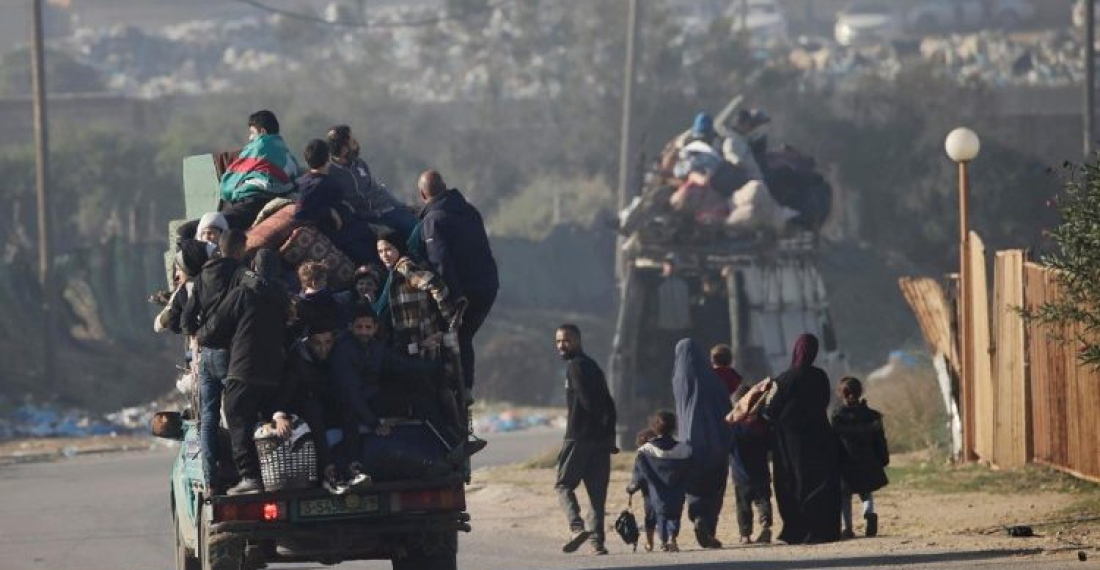Israeli forces on Tuesday expanded their ground offensive into urban refugee camps in central Gaza after bombarding the crowded Palestinian communities and ordering residents to evacuate. Meanwhile, an Israeli operation in a Palestinian refugee camp in the north of the occupied West Bank left six people dead early Wednesday, according to the Palestinian ministry of health.
The United Nations said Tuesday it was "gravely concerned" by Israel's continued bombardment of the central Gaza Strip and urged Israeli forces to take all available measures to protect civilians.
Internet and telephone services were cut again across the war-torn Gaza Strip on Tuesday, the Palestinian telecommunications company Paltel said.
Sigrid Kaag, the Netherlands’ former deputy prime minister and a Mideast expert, was appointed the UN coordinator for humanitarian aid to war-torn Gaza, the United Nations chief announced Tuesday. The announcement by UN Secretary-General Antonio Guterres follows the Security Council’s adoption of a resolution on Friday requesting him to expeditiously appoint a senior humanitarian and reconstruction coordinator for Gaza, where more than 2 million civilians are in desperate need of food, water and medicine.







